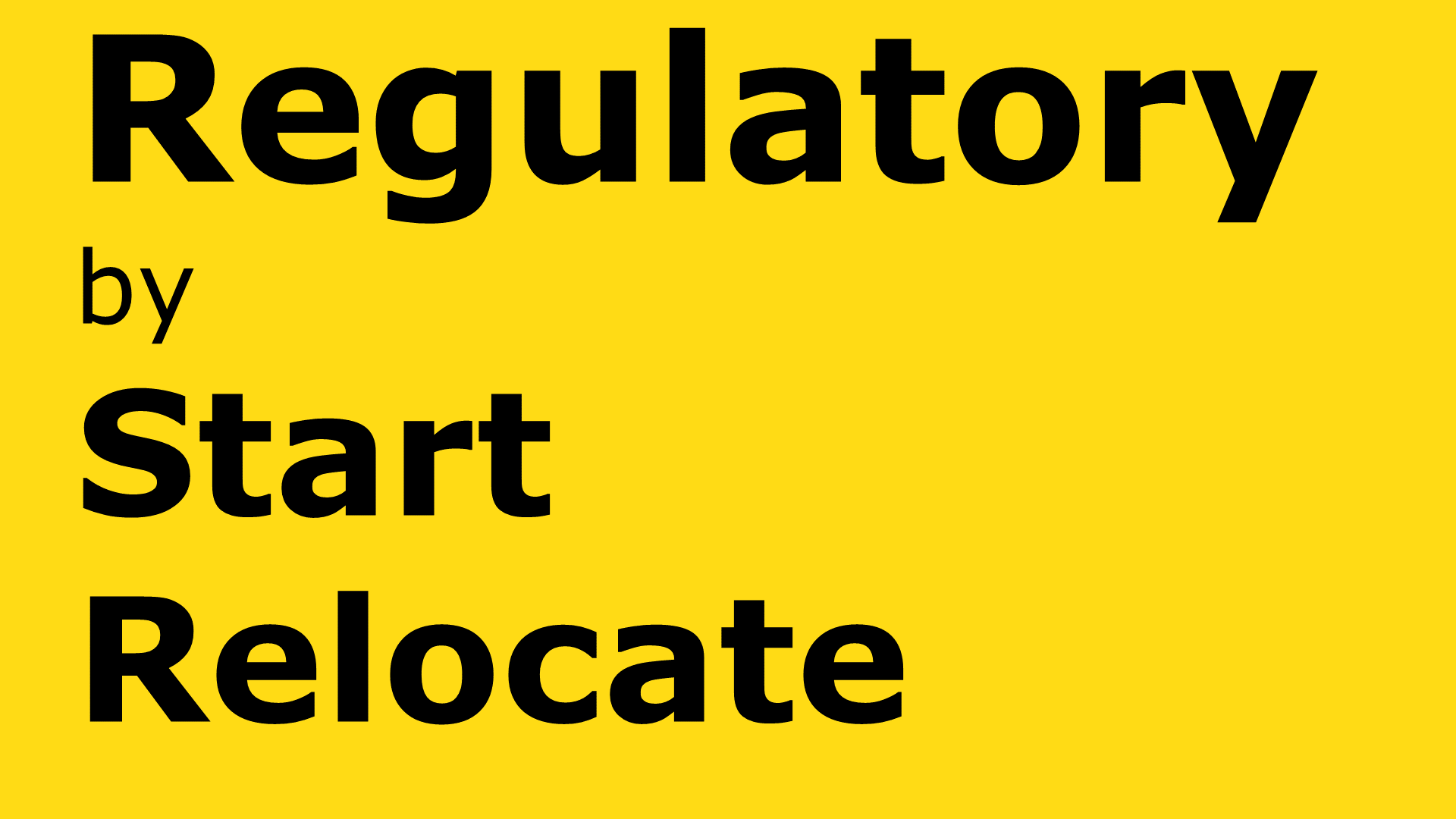Access to the Labour Market in Germany

Access to the Labour Market in Germany
Anyone wishing to work in Germany needs a corresponding permit. Access to the labour market for (non-EU) foreigners is regulated by law. Whether you have the opportunity to work in Germany depends, on the one hand, on your professional qualifications and, on the other, on the area in which you would like to work.
Academics - the Blue Card is particularly effective here
University graduates have the opportunity to enter the German labour market via the Blue Card. This requires proof of the relevant qualification (e.g. certificate of a university degree) and proof of a specific job offer - it is important to receive the Blue Card that an annual salary (gross) of at least 56,400 euros (2022) is paid. Approval from the Federal Employment Agency is then no longer required.
If you have a degree in mathematics, computer science, natural sciences and technology or if you are a doctor, you can also benefit from the Blue Card. In this case, you must have a job offer with an annual salary (gross) of at least 43,992 euros (2022). The approval of the Federal Employment Agency must be obtained in this case.
Non-academics - the decisive factor here is which profession you would like to work in
The possibilities for recognising professional qualifications acquired abroad have been significantly improved, especially for nursing staff. In the case of a so-called shortage occupation, access to the German labour market is possible without prior priority review. However, it is important that your qualification as a skilled worker is recognised as being equivalent to a German professional qualification. We will be happy to help you with any questions about recognition
written by
Helga
Please subscribe to our newsletter to stay up to date.
If you are interested in working in Germany, please write an email to team@relocatehappy.com